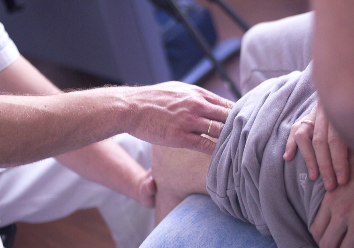
Medical groups finally recommend cutting back on opioid painkillers
After literally hundreds of thousands of opioid-related deaths, the medical community is finally suggesting that patients might want to cut back on opioid painkillers, even after surgery.
Following surgery, many patients head home with prescriptions for 30 or more opioid painkillers — enough to trigger addiction, warns a leading group of anesthesiologists.
The American Society of Anesthesiologists recommends using prescription painkillers sparingly, if at all, after surgery.
“Nobody needs a prescription for 30 or 50 opioids, and even those who are in major pain and may benefit should only take them for a day or two,” said Dr. James Grant, society president.
As reported by US News, here are five tips for avoiding addiction after surgery:
1). Only take opioids when in extreme pain. Medications such as ibuprofen (Motrin), naproxen (Aleve) and acetaminophen (Tylenol) can manage pain and soreness. These medications are not addictive and are far less risky than opioids.
2). Understand that soreness and discomfort after surgery are normal and will improve within a day or two. These sensations are different than pain, which is typically sharp or intense.
3). While in recovery after surgery, try to be clear when asked if you are in pain. Specify if you are sore, uncomfortable or in serious pain.
If you have significant pain, ask that an opioid prescription be limited to a small amount, such as five pills.
4). If you do take opioids, take them only for a day or two after surgery, three days at most. Your pain will improve significantly within a few days whether or not you take opioids.
5). In the days after surgery, explore alternate methods of pain reduction such as exercise, meditation, nerve blocks, PT and non-opioid medications.
Are you or a loved one struggling with addiction, lying to yourself and others? Don’t wait any longer to ask for help. In today’s environment, you never know when your next dose will be your last!






